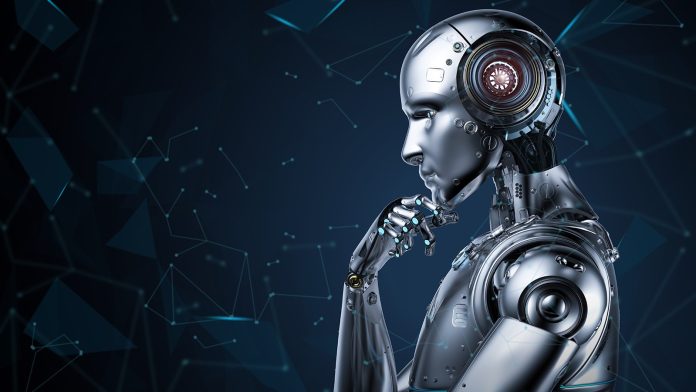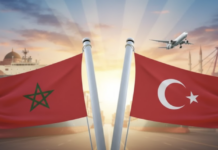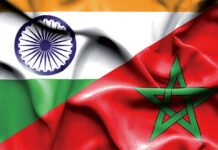Over the past two decades, Morocco has embarked on an ambitious journey to integrate digital technologies into its educational system. Recognizing the transformative potential of digital tools in teaching and learning, the nation has taken significant steps to modernize its infrastructure and address the digital divide. While progress is evident, challenges remain, requiring sustained efforts and strategic planning.
One of the cornerstone initiatives in Morocco’s educational transformation is the GENIE program, launched over 20 years ago. This initiative equipped public schools with computers and ensured internet connectivity, laying the groundwork for digital learning. In parallel, educators were trained in using digital tools, and specialized content was developed to align with school curricula. These efforts reflect Morocco’s determination to meet international standards while tailoring solutions to the unique needs of its educational system. Yet, despite these strides, the journey towards equitable and comprehensive digital education remains incomplete.
The most pressing issue in Morocco’s digital education push is ensuring equal access to technology. While urban schools and well-connected regions have benefited significantly, rural areas and underserved communities lag behind. This disparity stems from uneven infrastructure development and inconsistent internet connectivity across the country. Addressing this challenge demands significant investment in reliable infrastructure and widespread access to digital resources. Without these foundational improvements, the promise of digital transformation risks being out of reach for many Moroccan students.
Technology alone cannot revolutionize education—it requires skilled educators who can integrate digital tools effectively into their teaching. Transitioning from traditional methods to digital pedagogy is not just a technical shift but also a cultural one. Teachers need comprehensive training to adopt dynamic, collaborative approaches that engage students and reflect the evolving demands of the modern world. This transformation demands a shift in mindset, where educators view technology not as a threat but as an opportunity to innovate and enhance learning experiences.
Morocco’s Digital Morocco 2030 strategy offers a roadmap for the integration of technology across all levels of education. Building on previous initiatives like the National Charter for Education and Training and the 2015-2030 Strategic Vision, this strategy aims to democratize access to digital tools, develop interactive and culturally relevant content tailored to Moroccan students, and modernize teaching practices through digital platforms and online resources. The plan reflects a holistic approach, addressing not just accessibility but also quality and inclusivity in digital education.
In universities and higher education institutions, digital tools are gaining traction. E-learning platforms, online assessments, and specialized applications are gradually becoming the norm. These innovations not only streamline administrative processes but also enrich the academic experience, preparing students for a tech-driven world.
Despite these advances, Morocco’s digital education journey is far from over. Reducing regional disparities by expanding infrastructure in remote areas, intensifying teacher training to ensure widespread adoption of digital methods, and creating high-quality, up-to-date educational content aligned with global scientific and technological trends remain critical priorities. With a clear vision and a commitment to transformative initiatives, Morocco is well-positioned to emerge as a leader in digital education, not just within Africa but globally.





